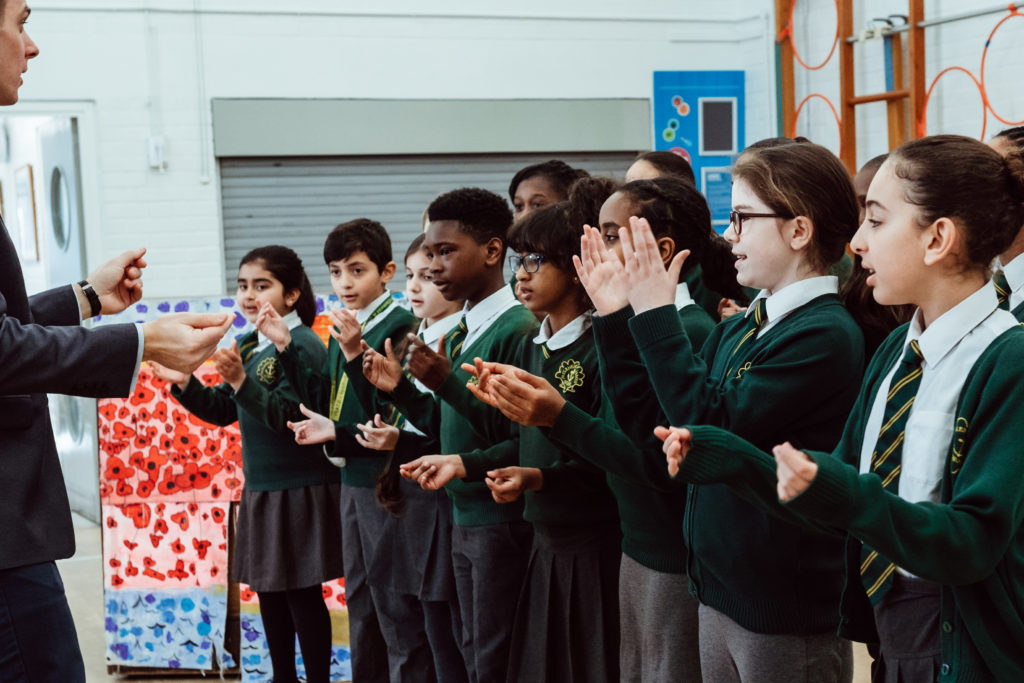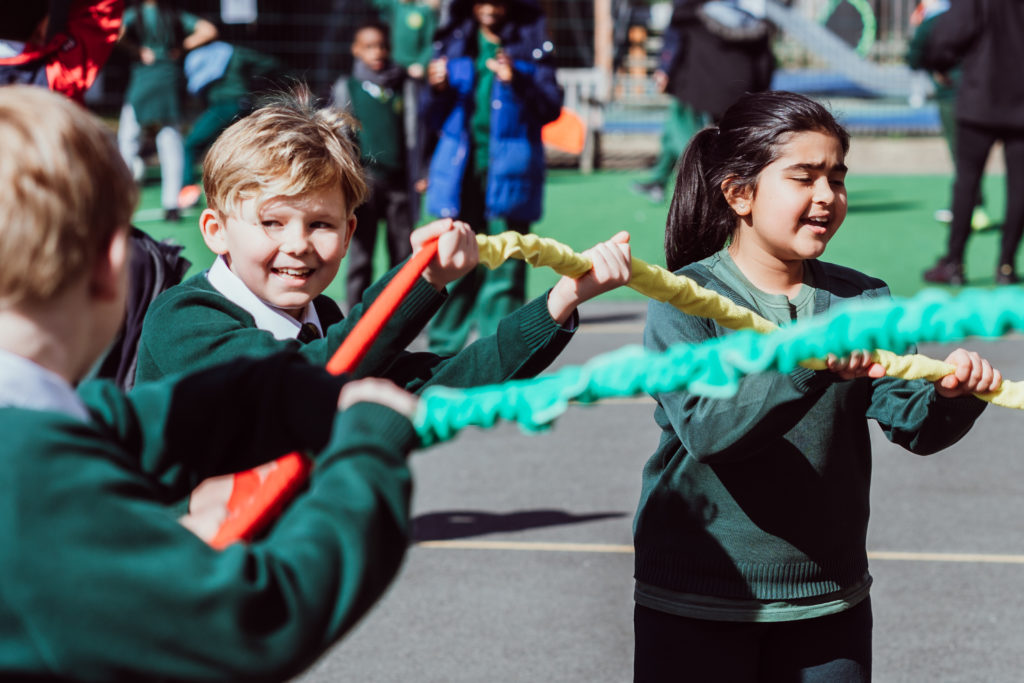
With a focus on fun and high-energy music making, choirs and clubs offer great opportunities for pupils to develop ensemble and musicianship skills in a setting different to the music classroom. Funded by parents or subsidised by schools, they also offer the well-earned chance to let off some musical steam.


Choirs provide a space for pupils that love singing more than the average, where they can develop their singing and ensemble skills. A weekly school choir can supplement and enhance wider, communal singing in school, as well as provide an ensemble which represents the excellence of the school internally and externally. Choir can be arranged across several terms with groups of pupils nominated through parent or student sign-up, or they can be open rehearsals with pupils self-selecting and participating week to week. With a focus on having fun and providing a stimulating music learning environment, choirs are a great opportunity to develop ensemble and musicianship skills in a different environment to the music classroom. Choirs are also a great way for children to let off musical steam, singing to their hearts’ content, and also being challenged musically with new repertoire.
Choirs follow a similar structure to singing assemblies. They would start with the children going to their choir spaces. We then have a series of warmups to get the breath, body and mind ready to sing and make music together. Through vocal warmup and ensemble activities, such as rounds and tongue twisters, the music teacher will challenge and stretch the pupils’ musical skills. We then learn one or two songs during the session. Often there is a need to focus in on a particular section of a song or piece, working in depth on a harmony or challenging word pattern. These moments of intense focus are always balanced by getting to our Wow! moment in the rehearsal, where we sing a whole song through that the children have learnt. This Wow! moment is designed to create a sense of excitement and to give children a dose of the joy of making music together.

Clubs are another way to provide pupils the chance to focus on a particular area of music making in a smaller group setting. These enriching afterschool and/or lunchtime gatherings allow schools to offer a wide variety of musical activities that support curricular music. Sing Education runs a number of different clubs, such as ukulele, recorder, musical theater, gospel choir, songwriting, Glockenspiel club, and more. Clubs provide a setting for children to develop their ensemble skills, which can then be shared with the school through performances. Clubs are a great way to enhance your afterschool music provision or alternatively your general afterschool provision. Clubs can be funded by parents or subsidized by schools.
Clubs are the perfect environment for pupils to begin learning an instrument such as the ukulele or recorder, as they are a fun group session where children learn together. Focused music clubs enable music teachers to hone particular areas of musical learning. Equipped with a detailed knowledge and awareness of pupil progression and musical understanding from the music classroom, music teachers are able to stretch and support pupils’ musical understanding.
Lots of the instruments which students learn together in a club are fantastic for preparing them for later life should they train in another instrument. It also gives them an opportunity to share something they might have learned individually in a one-to-one lesson – perhaps a fingering technique or pneumonic device – with a group of their peers.
Clubs follow a similar pattern to choirs and assemblies. Children get their minds, voices, bodies and instruments warmed up through a series of activities and exercises. In instrument clubs, we aim to be using the instrument as much as possible. With instruments in hand, pupils achieve the lesson’s objective through singing and music games, musicianship activities and learning pieces on their instrument. As with all extracurricular activities, we always build in a Wow! moment so the children can experience success and achievement in each session. We leave them wanting more! They are excited to practice at home on their instruments and to come back next club time, ready to pick up where they’ve left off.
